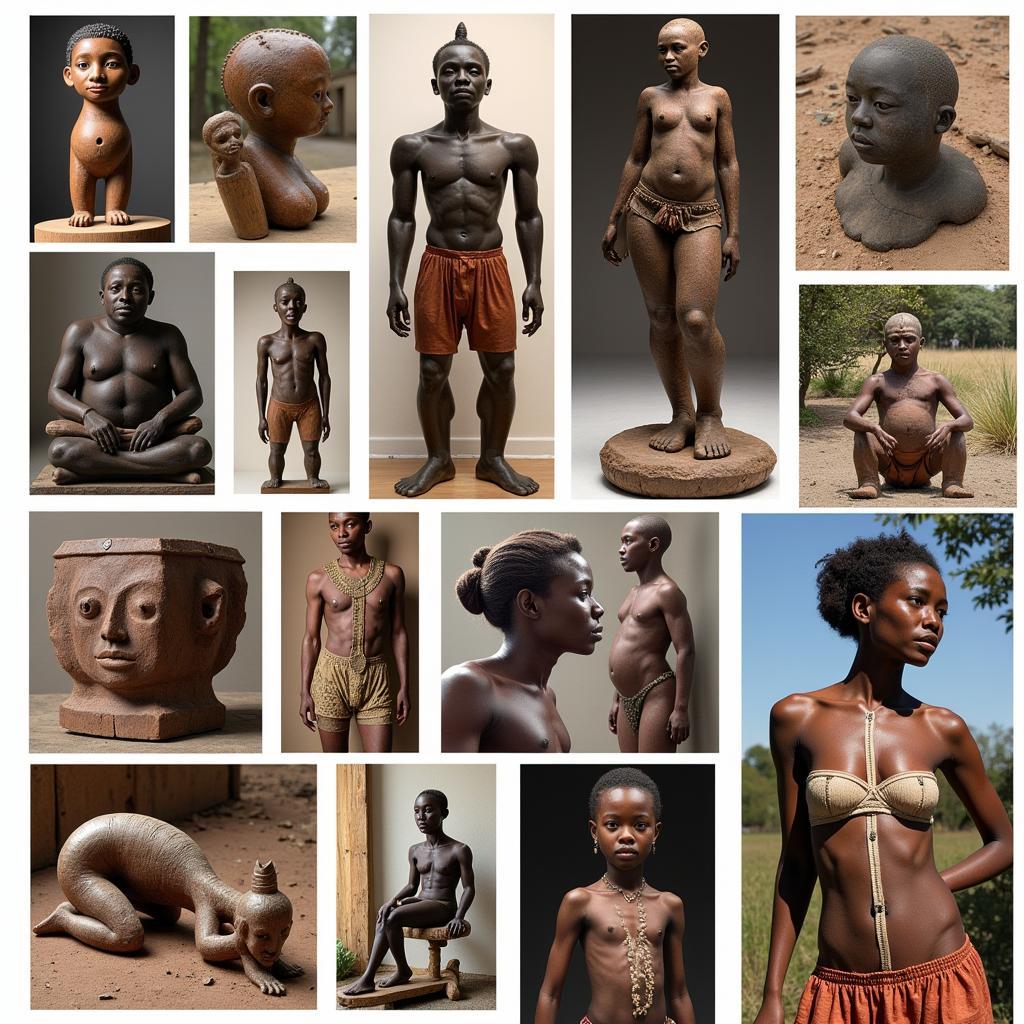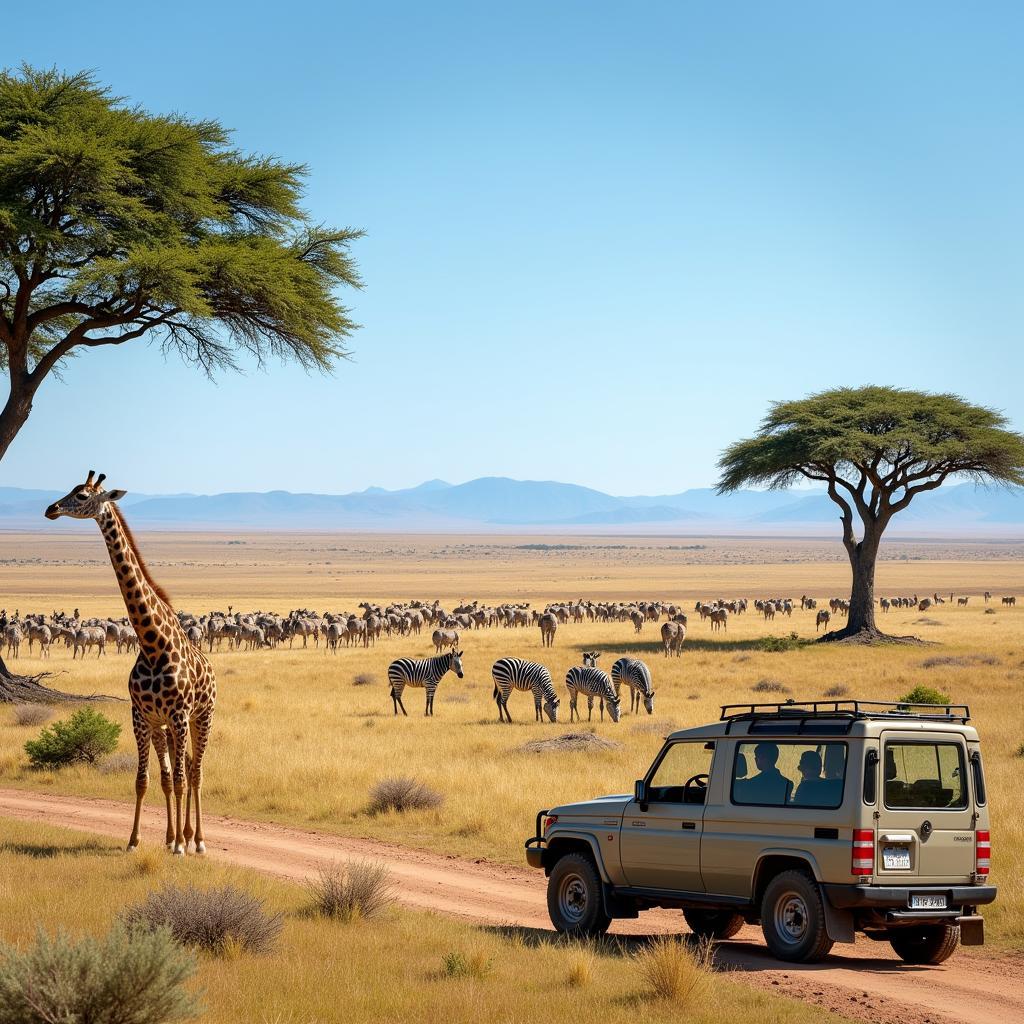Exploring Abuja: A Guide to Nigeria’s Vibrant Capital
Abuja, one of the most fascinating African cities, stands as a testament to modern urban planning and Nigeria’s rich cultural heritage. As Nigeria’s capital, Abuja offers a unique blend of tradition and modernity, attracting visitors from across the globe. This guide delves into the heart of Abuja, exploring its history, landmarks, culture, and what makes it a must-see destination among other African cities.
A History Carved in Stone: The Making of Abuja
Abuja’s story is relatively recent compared to other prominent African cities. Chosen in the 1970s as a centrally located, neutral territory, the city officially became the capital in 1991, replacing Lagos. This deliberate move aimed to foster unity and accessibility, reflecting Nigeria’s diverse ethnic and religious landscape. Abuja’s master plan, designed by Japanese architect Kenzo Tange, envisioned a modern metropolis, and today, the city showcases a remarkable blend of planned development and organic growth.
 Abuja Cityscape: A View of Nigeria's Capital
Abuja Cityscape: A View of Nigeria's Capital
Abuja’s Architectural Wonders: Monuments and Landmarks
Abuja boasts an array of impressive structures that reflect both its modern aspirations and its cultural heritage. The National Mosque and the National Christian Centre stand as symbols of religious tolerance and architectural brilliance. The Aso Rock Presidential Villa, nestled amidst imposing rock formations, serves as the official residence of the Nigerian president. Other notable landmarks include the National Assembly Complex, the National Children’s Park and Zoo, and the Millennium Tower.
Experiencing Abuja: Culture, Cuisine, and Daily Life
Beyond its impressive infrastructure, Abuja pulsates with a vibrant cultural scene. The city’s diverse population contributes to a rich tapestry of traditions, music, and art. Traditional markets offer a glimpse into local life, where you can find everything from handcrafted textiles to fresh produce. The city also has a thriving culinary scene, with restaurants offering both local Nigerian delicacies and international cuisine. Exploring Abuja offers a unique opportunity to immerse yourself in the dynamism of a rapidly growing African city.
For a list of other African capitals, you can find a comprehensive resource on African capitals and currency. This can be useful for planning your trip and understanding the different currencies used across the continent.
Abuja’s Place Among African Cities: A Hub of Growth and Opportunity
Abuja, while a relatively new capital, has quickly established itself as a significant player among African cities. Its strategic location, modern infrastructure, and political importance have made it a hub for business, diplomacy, and cultural exchange. The city’s ongoing development continues to attract investment and talent, further solidifying its role as a driver of growth and innovation in Nigeria and the wider African continent. You can find a list of African countries and their capitals here: african countries and capitals pdf.
What is the official language of Abuja?
The official language of Abuja, like the rest of Nigeria, is English.
Is Abuja a safe city to visit?
While Abuja is generally considered safe, it’s important to exercise caution and be aware of your surroundings, just as you would in any major city.
Abuja, a dynamic and ever-evolving city, offers a compelling glimpse into the future of African cities. Its blend of modern planning, rich culture, and strategic importance makes it a destination worth exploring. From its architectural marvels to its vibrant cultural scene, Abuja provides a unique and unforgettable experience for every visitor. For more information on African countries and their capitals, you can check out this comprehensive list: african countries and capitals list.
FAQ
- What is the best time to visit Abuja?
- How can I get around Abuja?
- What are some must-see attractions in Abuja?
- Where can I find good local food in Abuja?
- What are some safety tips for visiting Abuja?
- Are there any cultural events or festivals in Abuja?
- What is the currency used in Abuja?
For information regarding African countries, capitals, and currencies, you can refer to this helpful resource: african continent countries capital and currency. Additionally, a simpler list can be found at african countriesand capital. Need further support? Contact us at +255768904061 or kaka.mag@gmail.com. Visit our office at Mbarali DC Mawindi, Kangaga, Tanzania. Our customer service team is available 24/7.



